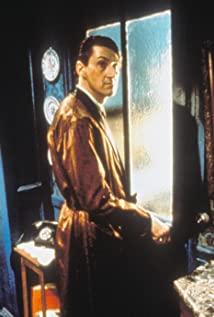Complete despair, no one can be trusted in the whole film, no one can be relied on, the evil of human nature is so cruel and ugly, and it is undoubtedly revealed in front of the class. If shooting is the node, it is divided into two camps: master and servant, then the evil of the two before is half a catty, one is alms with contempt, and the other is self-righteous deception and snooping. But these two evils do not touch the bottom line, and although they are abominable, they cannot be judged. But shooting is not the case. The evil of deviance can often magnify the evil of the previous equal, so the hatred of the servant is natural, and it will be very pleasant to wait for the evidence of the accidental car accident later to be confirmed. However, if you think about it, you will find that this is not just killing people. The two classes are fighting against each other. Small-scale evil will be accused. What about large-scale? Isn't it essentially an illegal method? But there seems to be only one way for the proletariat to gain the upper hand. In fact, this film also discusses the gradual collapse of interpersonal relationships, and all of this depends on the class at the root, so the two classes will always have only confrontation and cannot be reconciled. Either he was driven back to the bourgeoisie by the threat of proletarian hostility from the so-called Sufis, or he was forced out by his father and lost everything.
View more about La Cérémonie reviews











